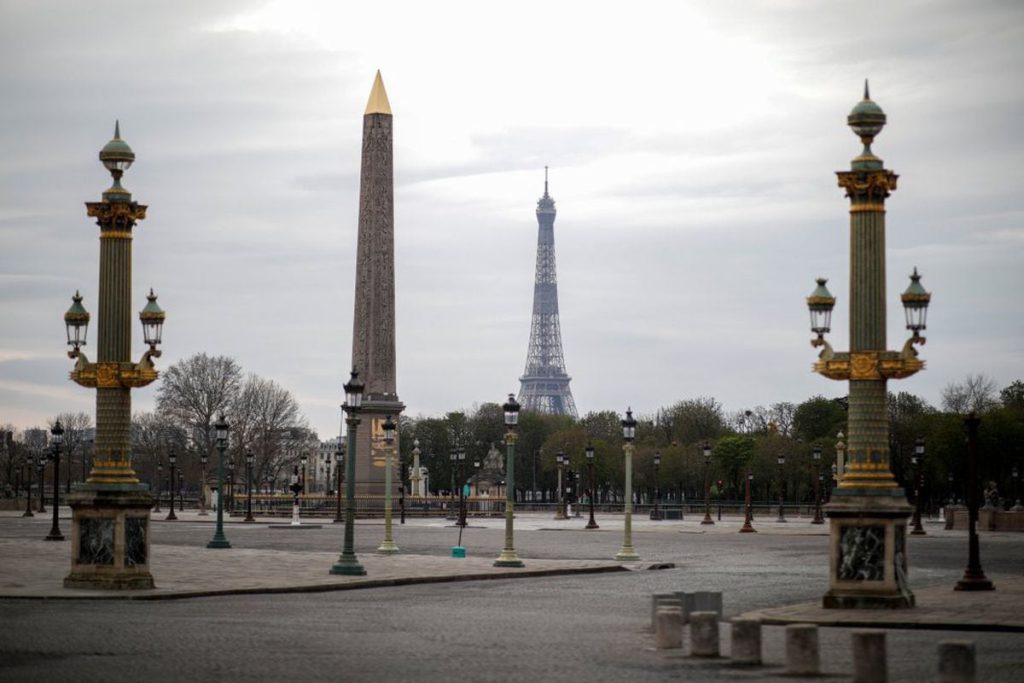Concordia is a word that should have disappeared from the language the day the Concorde crashed. It refers to a square in Paris where the guillotine stood and where an obelisk now stands as a symbol of vassalage and submission. It is a solemn and kitschy word used by those who operate the guillotine when they decide it is time to stop and place an obelisk, speaking of concord with the same emphasis they previously put on blood. While appropriate for revolutionary toasts and archbishop homilies, Concordia is seen as an out-of-place antique that no one likes but hesitates to discard.
Like all trinket words, Concordia is not only an empty signifier but also arrives too late and accentuates the unnecessary. In the context of past dictatorship and political repression, Spain does not need concordias like those proposed by laws imposed by the political party Vox but rather justice and reparations. The laws on memory enacted since 1977 aimed to bury the dead, a process that was ongoing but slow. The essence was to have the State take responsibility for the atrocities and bury the deceased according to the wishes of their loved ones. Exhuming remains from ditches is a democratic imperative unrelated to ideological debates.
Vox seeks to replace fundamental justice with concordia, pressuring the Popular Party to comply with its demands. They aim to force an Egyptian obelisk, out of place in the situation, as a symbol of concord. Vox’s insistence on concordia is contrary to true reconciliation and justice. It overrides the progress made in burying the dead with dignity and threatens to overlook the importance of justice and reparations for the victims and their families. The emphasis on concordia is a distraction and a hindrance to the pursuit of true justice and accountability.
The laws imposed by Vox prioritize concordia over justice, shifting the focus away from addressing the atrocities of the past and providing closure for the victims’ families. By pushing for concordia, Vox undermines the progress made in acknowledging and rectifying the wrongs of the past. Rather than seeking true reconciliation and accountability, they impose an artificial sense of unity that ignores the need for truth and justice. Concordia becomes a smokescreen for avoiding the uncomfortable truths of history and delaying the necessary processes of healing and restitution.
In conclusion, the emphasis on concordia by political parties like Vox is a misguided attempt to avoid confronting the painful truths of the past and pursuing justice and reparations for victims of atrocities. By prioritizing concordia over justice, they undermine the progress made in acknowledging and addressing past wrongs, perpetuating a cycle of denial and impunity. True reconciliation can only be achieved through a commitment to truth, justice, and accountability, not through empty gestures of unity and concord. It is essential to prioritize the needs and rights of victims and their families in the pursuit of a more just and reconciled society.


